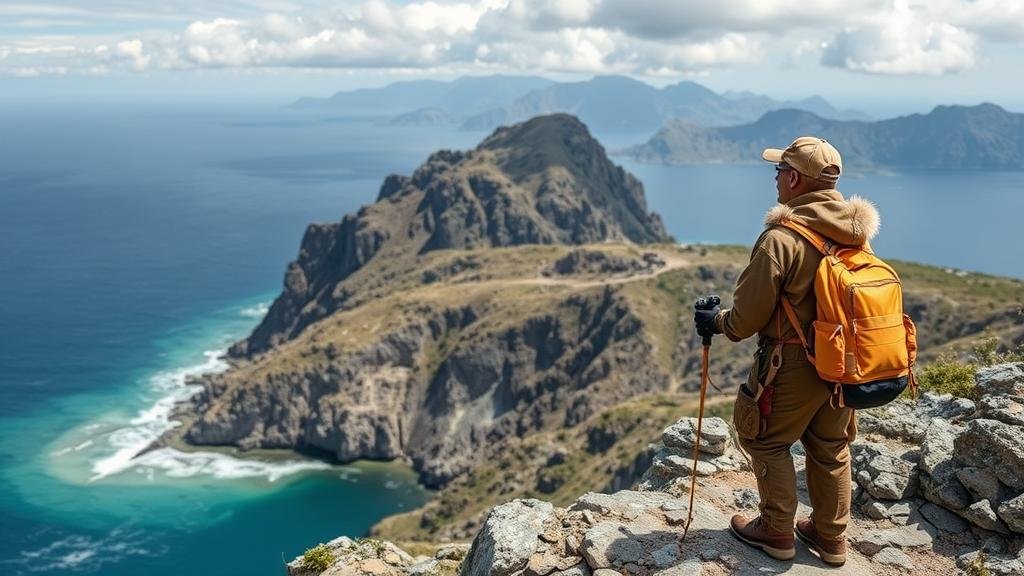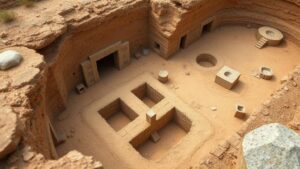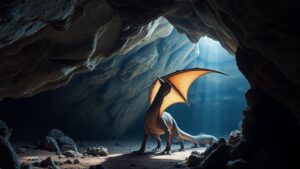Documenting the untold stories of explorers who pushed the boundaries of knowledge.
Documenting the Untold Stories of Explorers Who Pushed the Boundaries of Knowledge
The annals of history are replete with tales of illustrious explorers who ventured into the unknown, mapping territories and enhancing our understanding of the world. But, many remarkable stories of lesser-known explorers remain untold, challenging the conventional narratives of exploration. This article aims to uncover those hidden tales and appreciate the contributions of these individuals in expanding the boundaries of human knowledge.
The Lesser-Known Explorers and Their Impact
While figures like Christopher Columbus and Marco Polo command much of the historical spotlight, numerous explorers have made substantial contributions that warrant recognition.
- Ferdinand Magellan (1480-1521): Although he is famous for organizing the first expedition to circumnavigate the globe, many elements of his journey are often overlooked. For example, Spanish explorer Juan Sebastián Elcano completed the voyage after Magellans death in the Philippines, highlighting the collaborative nature of exploration.
- Matthew Henson (1866-1955): Often overshadowed by Robert Peary, his partner in Arctic exploration, Henson was the first African American to reach the North Pole in 1909. His remarkable skills in navigation and understanding of the Inuit culture were pivotal to the expeditions success.
Overlooked Contributions to Scientific Knowledge
Exploration is not merely about discovering new lands; it also encompasses the realm of scientific inquiry. Many explorers, while seeking new territories, contributed significantly to various scientific fields.
- Joseph Banks (1743-1820): As a botanist aboard Captain James Cook’s Endeavour during the first Pacific voyage (1768-1771), Banks collected over 30,000 plant specimens, many of which were previously unknown to science. His documentation became crucial for the global exchange of flora and fauna.
- Alexander von Humboldt (1769-1859): A trailblazer in geography and natural sciences, Humboldt’s extensive travels in Latin America led to the identification of numerous ecosystems. His work laid the foundation for the field of ecology. His book Cosmos is regarded as a hallmark of modern scientific thought.
Challenges Faced by Explorers
The pursuit of knowledge through exploration often came with formidable challenges, from harsh environments to cultural barriers. Understanding these obstacles provides insight into the resolve of these explorers.
- Natural Hazards: Many explorers ventured into uncharted territories, facing treacherous terrains, extreme weather, and unfamiliar wildlife. For example, Henson and Peary faced brutal Arctic conditions, yet their resilience led them to historic achievements.
- Cultural Interactions: Interactions with indigenous populations could be contentious. Explorers like Banks had to navigate complex cultural dynamics to gather data without inciting conflict. r ability to forge alliances was often crucial to the success of their missions.
The Value of Documenting Untold Stories
Unearthing these lesser-known stories enhances our understanding of global history and cultural heritage. Documentation serves multiple purposes:
- Recognition: Acknowledging the contributions of underrated explorers allows for a richer narrative of human endeavor and curiosity.
- Educational Utility: These stories serve as valuable educational resources, teaching future generations about diversity in exploration.
Real-World Applications of Historical Exploration
The legacies of these explorations continue to resonate in contemporary society. Understanding environmental challenges, appreciating biodiversity, and valuing cultural interactions stem from lessons learned during these historical expeditions. For example, as we face climate change and globalization, the ecological insights gathered by Humboldt provide critical perspectives on sustainable practices.
Actionable Takeaways
To further appreciate the untold stories of explorers who expanded our knowledge, consider the following actions:
- Explore literature and documentaries focused on lesser-known explorers and their contributions.
- Engage in discussions about the ethical implications of exploration in a modern context.
- Support initiatives that promote the study of diverse historical narratives in academic curriculums.
By honoring the hidden historical figures of exploration, we not only enrich our understanding of the past but also foster a deeper connection to the diverse tapestry of human experience that shapes our world today.



